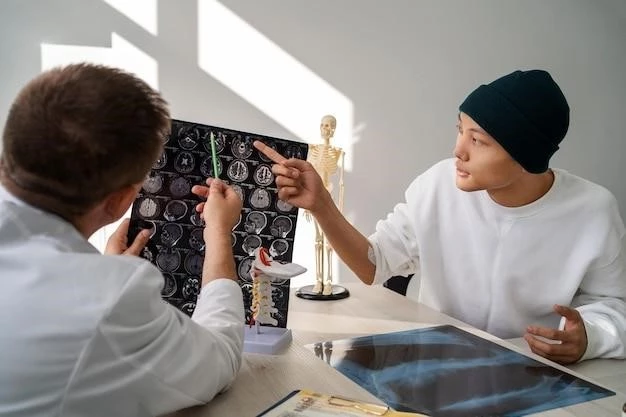Causes of Cerebellar Hypoplasia
Causes of cerebellar hypoplasia can include genetic factors, prenatal infections, exposure to toxins during pregnancy, and certain medical conditions affecting fetal brain development. Ensuring proper prenatal care and avoiding harmful substances can help reduce the risk.
Symptoms of Endosteal Sclerosis
Endosteal Sclerosis may present with bone pain, fractures, skeletal deformities, and in severe cases, nerve compression symptoms. It’s important to consult a healthcare provider for an accurate diagnosis and appropriate management. Lifestyle changes and treatments can help alleviate symptoms and improve quality of life.
Diagnosis of Cerebellar Disorders
Diagnosing cerebellar disorders may involve neurological exams, imaging tests like MRI or CT scans, genetic testing, and blood tests to assess biomarkers. Seeking medical evaluation at the onset of symptoms is crucial for timely diagnosis and appropriate management. Collaborating with healthcare professionals can lead to effective treatment outcomes.
Treatment Options for Hypoplasia
Treatment for cerebellar hypoplasia focuses on symptom management and supportive care. This may include physical therapy, occupational therapy, speech therapy, medication to control symptoms, and educational support. Working closely with healthcare providers can help customize a treatment plan that suits individual needs and enhances overall well-being.
Management of Endosteal Sclerosis

Managing endosteal sclerosis involves a multidisciplinary approach; Treatment may include medications to reduce bone pain and prevent fractures, physical therapy to maintain mobility, and lifestyle modifications like a balanced diet rich in calcium and vitamin D. Regular follow-ups with healthcare providers can monitor progress and adjust treatment as needed for optimal management of the condition.
Prognosis of Cerebellar Abnormalities
The prognosis of cerebellar abnormalities varies depending on the specific condition, its severity, and timely intervention. Early diagnosis, treatment adherence, and rehabilitation can significantly improve outcomes. It’s important to follow healthcare advice, engage in therapy, and make necessary lifestyle adjustments for better prognosis and quality of life.
Research on Cerebellar Hypoplasia
Ongoing research on cerebellar hypoplasia aims to deepen our understanding of the condition, improve diagnostic techniques, and develop innovative treatment approaches. Participating in clinical trials, supporting medical research initiatives, and staying informed about the latest advancements can contribute to future breakthroughs in managing cerebellar abnormalities.
Lifestyle Tips for Endosteal Sclerosis
For those with endosteal sclerosis, maintaining a healthy lifestyle is key. Regular weight-bearing exercise, a balanced diet rich in calcium and vitamin D, avoiding smoking, and moderating alcohol consumption can support overall bone health. It’s essential to follow medical guidance, stay active, and prioritize self-care to manage endosteal sclerosis effectively.
